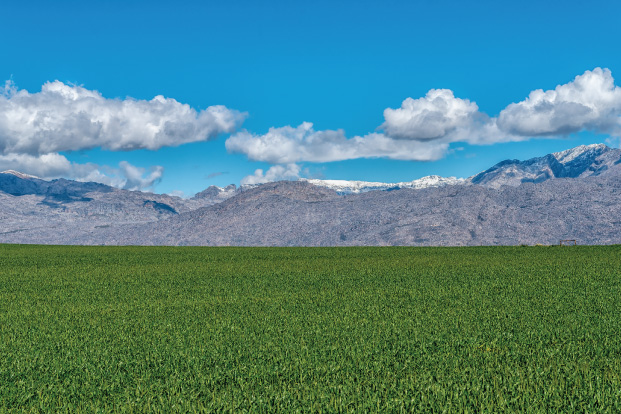Duty restructure on the cards for wheat, maize and sugar

GM soya bean granted authorisation for import into Europe
July 27, 2016Google honours South African teen for experiment using orange peels
August 3, 2016
A duty restructure is on the cards for wheat, maize and sugar. This is a complicated but important process to go through. If we get the duties wrong on these products we end up with farmers not wanting to plant and if the duties are too high, then mainly poor consumers will be faced with even more frightening food inflation.
Most duties on most products are calculated as a percentage of the value of the goods (known as an ad valorem duty). The duties on wheat, maize and sugar are different and are imposed as a fixed value per kilogram, but determined by something known as the dollar-based reference price.
Put simply, if the price of these commodities falls below a certain level in dollar terms then the duty is automatically calculated and adjusted. There is no warning period. If you don’t understand how the calculation works (and few people do), then you can find yourself with a ship full of wheat that is suddenly costing you a lot more in duties. And I do mean a lot more. The duties on wheat have increased from zero in March 2015 to an eye watering R1,800 per tonne in April 2016. We are not growing more wheat though, which clearly is a problem (we still import 50% of what we consume).
There was reluctance to increase the duties to this level, so much so that Grain SA had to take National Treasury to court to get the latest duty increase implemented.
Maize and sugar work on the same principle, although the trade patterns of these products is quite different. SA doesn’t normally import much maize, but the drought has changed that and we have brought in maize valued at over R2bn during the period June 2015 to May 2016. There is no duty on maize though, although the structure is exactly the same as wheat and if the international price drops enough for long enough, a duty increase can be triggered without warning.
Sugar is controversial. On the one hand you have Professor Tim Noakes wanting to “bant” sugar out of existence, and coupled with the proposed “fat tax” on sugary drinks he may actually make some headway (not that he is the driver behind the tax). Mostly sugar is supplied locally, but again the drought has placed some pressure on local producers and sugar imports are at about R680m for the same 12-month period mentioned above.
The International Trade and Administration Commission (ITAC) now has the unenviable task of looking at not only the quantum of the duty, but also the very principle of the duty itself.
The dollar based reference price is a contentious way of imposing a duty and may actually be in contravention of the World Trade Organisation (WTO) agreement on agriculture. Fixed rate duties are generally problematic as they can result in duties breaching their upper allowable limits (known as the bound rate). The dollar-based reference price is doubly problematic, because of its complexity and therefore its unpredictability.
I don’t know if this review will see a change in the duty structure or if it will only see the formula of the duties change, but I do know that responding to the investigation is critical. The duties on these commodities will have far reaching implications on farmers, downstream manufacturers and importers. It is absolutely critical that all of these stakeholders take the trouble to respond fully by the deadline of August 19.
Source: BDlive



